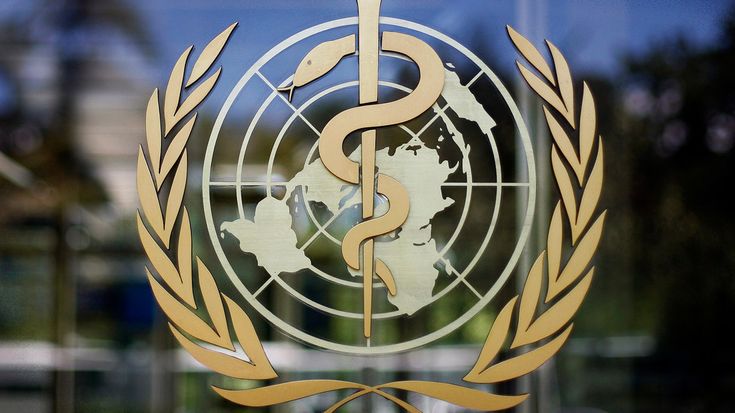In a dire situation unfolding in the Gaza Strip, limited aid deliveries have commenced, but the World Health Organization (WHO) warns of a severe lack of security guarantees for essential aid to reach hospitals in the northern region. Rick Brennan, WHO’s regional emergencies director, emphasized the “huge risk” faced by those delivering relief and expressed deep concern over the lack of security assurances, making it impossible to deliver aid to critical medical facilities, including Al-Shifa Hospital, the largest hospital in the region.
The ongoing hostilities and the absence of security guarantees have hindered the distribution of life-saving health supplies delivered on October 21 and 22 through the Rafah crossing into Gaza. Among the health centers awaiting these supplies are Al-Shifa Hospital, which is operating at close to 150% bed occupancy, and the Turkish hospital, a vital provider of services for cancer patients.
The WHO is urgently calling for a humanitarian ceasefire to ensure the safe and unimpeded delivery of these critical supplies throughout the area. The organization also revealed that it has additional medicines and medical equipment ready across the border in Egypt, which could provide surgical interventions for 3,700 trauma patients, basic and essential health services for 110,000 individuals, and care for 20,000 chronic disease patients.
In addition to medical supplies, fuel is another pressing need. Health facilities still operational in the Gaza Strip are grappling with severe fuel shortages, putting thousands of vulnerable patients at risk. This includes 1,000 patients dependent on dialysis, 130 premature babies in need of specialized care, and individuals in intensive care or requiring surgery, all of whom rely on a stable and uninterrupted electricity supply for survival.
WHO and the United Nations Relief and Works Agency for Palestine Refugees (UNRWA) made efforts to address the fuel shortage by delivering 34,000 liters of fuel to four major hospitals in southern Gaza, along with support for ambulance services. However, this fuel supply was only sufficient to keep ambulances and critical hospital functions running for just over 24 hours.
The healthcare system is under immense strain, with one-third of all hospitals non-operational. The combination of a high number of injuries and the disruption of healthcare services has made it increasingly challenging for people with chronic diseases to access the care they require, ultimately leading to a potential rise in mortality rates.
The recent evacuation order for the northern Gaza Strip, despite concerns raised by international aid groups, has further compounded the humanitarian crisis. Over a million people have been asked to move south, including the elderly, sick, and those with limited resources. Unfortunately, tens of thousands of residents from the north, including those in vulnerable situations, have been unable to undertake this journey.
The situation remains uncertain, as WHO and UNRWA cannot confirm whether another aid convoy will be permitted to enter the Gaza Strip. The United Nations estimates that the region requires approximately 100 relief trucks per day to meet the growing humanitarian needs.
In light of these developments, the United States’ plan to deploy additional troops to the Middle East is a matter of concern. The United Nations underscores the urgent need for de-escalation of the conflict and ensuring humanitarian access, which depends on safety and security for aid delivery.
The Gaza Strip has been under immense pressure since Israel launched a relentless bombing campaign on October 7, following a cross-border attack by Hamas into Israeli border towns. The subsequent blockade of food, fuel, and medical supplies has left the 2.3 million residents of the territory in dire straits.
UN Secretary-General Antonio Guterres has issued a plea for an “immediate humanitarian ceasefire” to alleviate the “epic human suffering” in the region. The conflict has already claimed nearly 6,500 lives, with over 5,000 Palestinians and more than 1,400 Israelis among the casualties.


